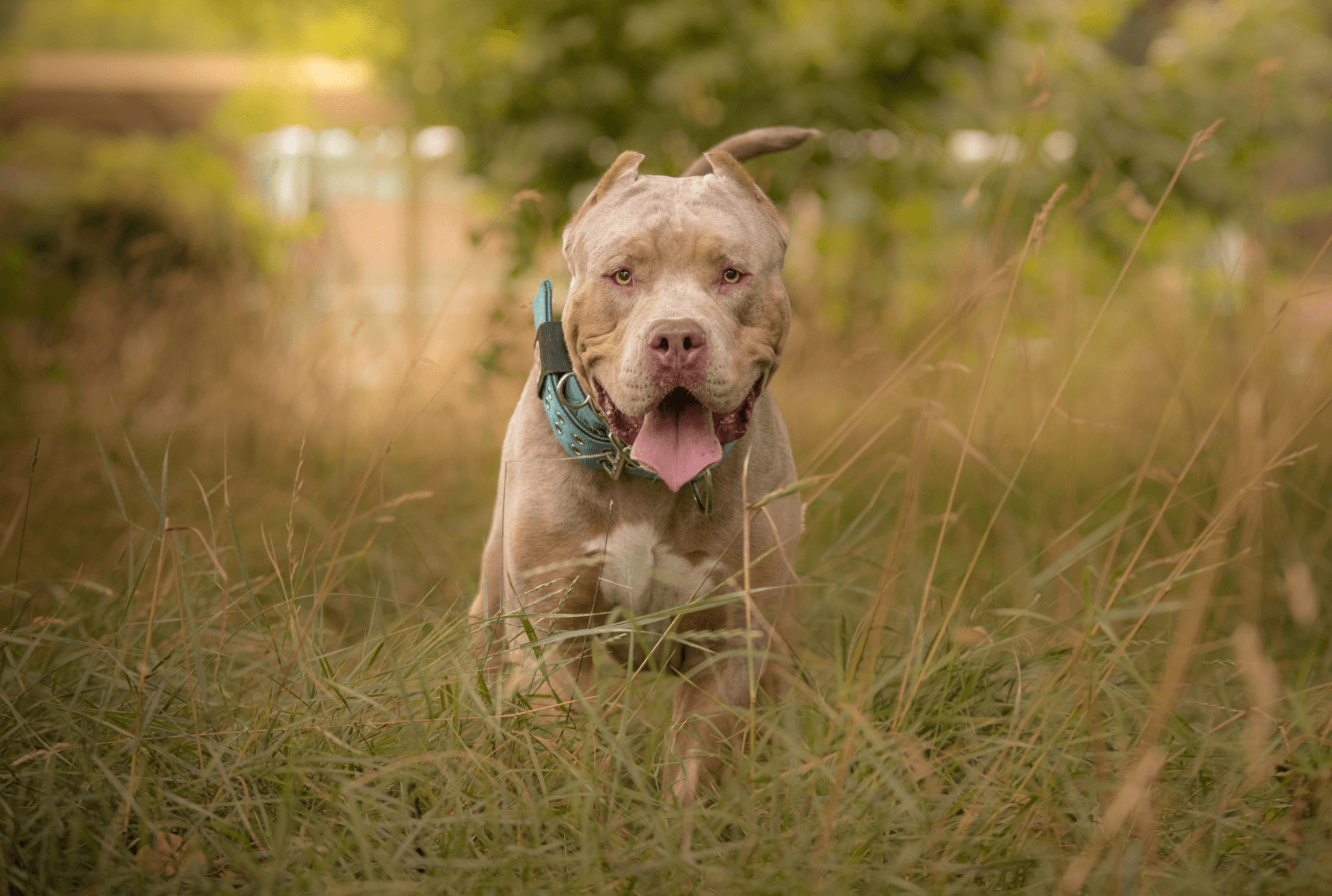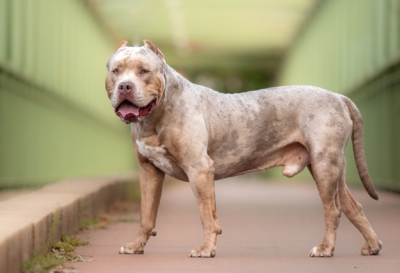Dog bite attacks are in the news at the moment, with much of the attention focusing on the breed known as American Bully XL. Hardly a day goes by without reports in the national or regional press about people suffering serious or even fatal injuries in dog attacks caused by out-of-control dogs, often Bully XLs.
A report in the Guardian newspaper on the 4th of June 2023 ran with the headline:
“Met Police dealing with at least one dangerous dog a day, figures show.”
The ‘figures’ referred to revealed that the Force had seized 479 out-of-control dogs in the previous year under the provisions of the Dangerous Dogs Act 1991. This was an increase of 146 seizures on 2022’s figures.
The same statistics showed that seizures of the American Bully XL have become increasingly common. By comparison, no American Bullies were seized by the Met in either 2018 or 2019.
Since the Guardian article was published, many reports have carried accounts of attacks by American Bully XLs resulting in serious injury to the victim.
In Barry, South Wales, a 35 year old lady was attacked whilst walking her own dogs by two American Bully XLs that ran out of a nearby house, inflicting serious injuries to her legs and fingers in a terrifying attack lasting seven minutes.
The dogs’ owner was prosecuted as a result of the attack. The Crown Court heard that the man not only had previous convictions following another dangerous dog attack but was also serving a five-year ban from owning dogs at the time. He was, therefore, jailed for eighteen months and banned from owning dogs for a further ten years.
In September this year, a 52 year old man died after being attacked on the street in Staffordshire by two dogs believed to have been American Bully XL.
What are XL Bully dogs?
The American Bully XL is developed by cross-breeding various types of dogs. It is the largest of the American Bully type. The UK Kennel club does not recognise the breed, as it is a cross breed.
It is challenging to identify American Bully dogs due to the different variants of the breed. They are typified as being strong, muscular, compact dogs that possess exceptional strength for their size. The dogs, which first arrived in the UK around 2014/2015 grew in popularity during the Covid lockdown of 2020 – 2021.
Has the number of dog bite attacks risen in recent years?
A BBC investigation revealed that in 2022, there were almost 22,000 dog bite injuries caused by out-of-control dogs. By comparison, in 2018, there were 16,000 such attacks. Dog attacks are recorded by the police when the attack causes death or injury. Incidents of dogs attacking other animals or causing a nuisance are not recorded.
The BBC’s study found that across thirty-three Police Forces, 3500 dogs were seized, most due to being out of control.
In 2022, ten people were killed in dog attacks. Six of these fatal incidents involved Bully XLs.
Is the Government going to ban American Bully XLs?
On the 15th of September Prime Minister Sunak announced plans to ban American Bully XLs by the end of 2023. In other words, the American Bully will be added to the list of dog breeds already banned in the UK by the Dangerous Dogs Act. The XL Bully will join a list which includes:
- Pit Bull Terrier
- Japanese Tosa
- Dogo Argentino
- Fila Brasileiro
Once the breed has been banned by law, there will be an ‘amnesty period’ during which current owners of Bullies can prepare to register their dogs and apply for a Certificate of Exemption so they can keep their dogs after the ban comes into force. To be eligible for exemption, the dogs must be:
- neutered
- microchipped
- muzzled and kept on a lead when in public
- safely secured so they cannot escape from home or garden
The owners must keep relevant third-party liability insurance, be over sixteen years of and produce their Certificate of Exemption to either a Police officer or dog warden when challenged to do so.
Is it true that some dog breeds are more aggressive than others?
Research carried out by Liverpool University suggests there is little scientific data to suggest some dog breeds are, by nature, more aggressive than others.
However, when identifying the breeds involved in fatal dog bite attacks, the research showed that most dogs involved were large and powerful. American bully dogs and other types of pit bull appear high up on the list of dogs involved in fatal dog attacks (although the research authors point out that other large dogs such as German Shepherds and Rottweilers do too).
The University research team found that higher rates of dog attacks occurred in economically deprived communities.
However, the researchers suggest that banning more breeds of dog will not solve the problem of preventing dog bite attacks. According to the research authors, all that happens is new breeds come along to fill the void left by the most recently banned breed, and so the cycle goes on.
The researchers conclude that, like most problems that seem perpetually unsolvable, there is no easy solution. “Public education needs enforcement measures and supportive policy (in order) to work.”
Can I claim for a dog bite injury?
Wherever the long-term solution to reducing the number of injuries caused by dangerous dog attacks lies, if you’ve been injured as a result of being bitten by a dog, you will rightly want to seek redress from the dog’s owner.
At Mooneerams Solicitors we are specialist personal injury solicitors and have successfully handled many dog bite compensation claims on behalf of clients who’ve been the victims of dog attacks. Our dedicated Dog Bite Injury Claims webpage tells you all you need to know about what to do after being bitten by a dog, whether in someone else’s home, in a public place or even in the workplace.
We handle most dog bite claims on a No Win No Fee basis, meaning you’ll have nothing to pay if your claim is unsuccessful.
Call us on 029 2048 3615 to enquire about making a dog bite claim or contact us online to receive a callback.


